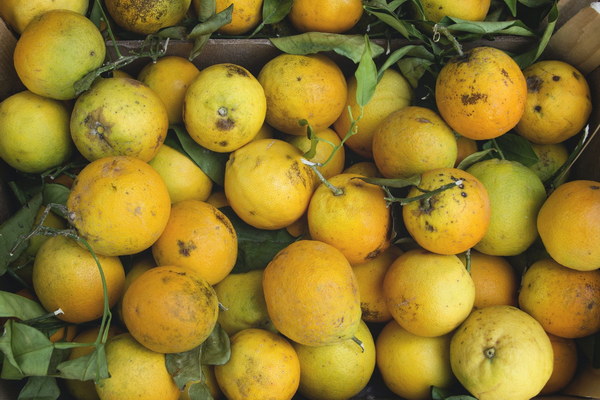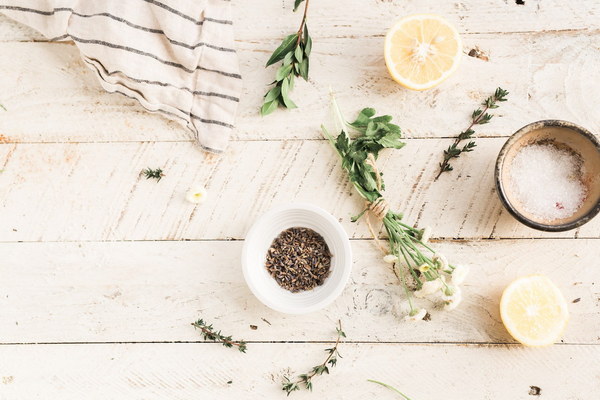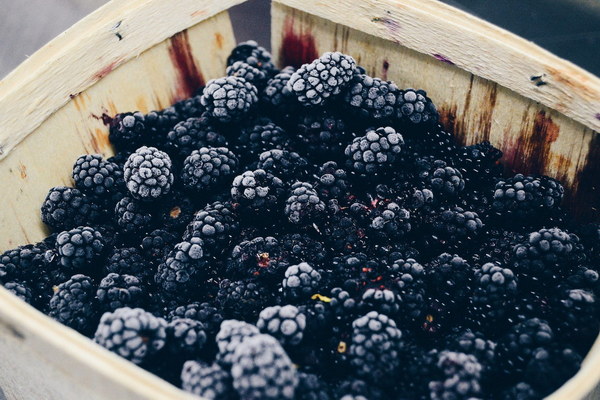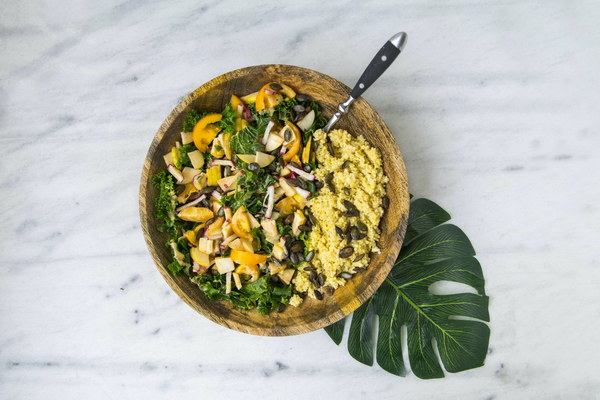Is CharcoalBoiled Health Tea Toxic Unveiling the Truth Behind Its Controversy
Introduction:

Health tea has become increasingly popular in recent years, as more and more people seek natural and holistic ways to improve their well-being. One of the trending methods is using charcoal to boil health tea. However, there is a lingering concern about the potential toxicity of this practice. In this article, we will explore whether charcoal-boiled health tea is truly toxic and what the scientific evidence has to say.
Section 1: Understanding Charcoal-Boiled Health Tea
Charcoal-boiled health tea refers to the process of using activated charcoal, a fine powder made from bone char, coconut shells, or bamboo, to filter and purify water before boiling it to make tea. The idea behind this method is that the charcoal's porous structure can trap impurities, chemicals, and heavy metals, leading to a cleaner and healthier beverage.
Section 2: The Controversy
Despite its growing popularity, there is a controversy surrounding the use of charcoal in health tea. Some people argue that the activated charcoal can absorb not only harmful substances but also beneficial nutrients, rendering the tea less nutritious. Others worry that the process of using charcoal may introduce toxins into the tea, thereby making it harmful to consume.
Section 3: Scientific Evidence
To determine whether charcoal-boiled health tea is toxic, we need to examine the scientific evidence. Research has shown that activated charcoal is an effective adsorbent for many toxins, including certain heavy metals, pharmaceuticals, and pesticides. This suggests that using charcoal to filter water before boiling it could potentially reduce the presence of harmful substances in the tea.
However, it is crucial to note that the effectiveness of activated charcoal depends on various factors, such as its quality, the concentration of contaminants in the water, and the temperature of the boiling process. Moreover, there is limited research specifically focusing on the use of charcoal in health tea, making it difficult to draw definitive conclusions.
Section 4: Potential Risks
While activated charcoal has been used for decades in medical settings, there are potential risks associated with its consumption. One concern is the absorption of beneficial nutrients, such as vitamins and minerals, which may be trapped by the charcoal. This could lead to nutritional deficiencies if the health tea replaces other nutrient-rich beverages or food sources.
Another risk is the potential for charcoal to absorb certain medications or supplements, reducing their efficacy. Furthermore, there is a possibility that the process of using charcoal may introduce toxins into the tea, particularly if the charcoal used is of poor quality or has been contaminated during production.
Section 5: Conclusion
In conclusion, while there is no definitive evidence to suggest that charcoal-boiled health tea is toxic, it is essential to approach this practice with caution. The potential benefits of using activated charcoal to filter water before boiling it are promising, but there are also potential risks, such as the absorption of beneficial nutrients and the introduction of contaminants. It is advisable to consult with a healthcare professional before incorporating charcoal-boiled health tea into your diet and to ensure the quality of the charcoal used is reliable.
Ultimately, the decision to consume charcoal-boiled health tea should be based on individual health needs and preferences. As with any health-related product, it is crucial to prioritize safety and research the available evidence before making informed choices.









